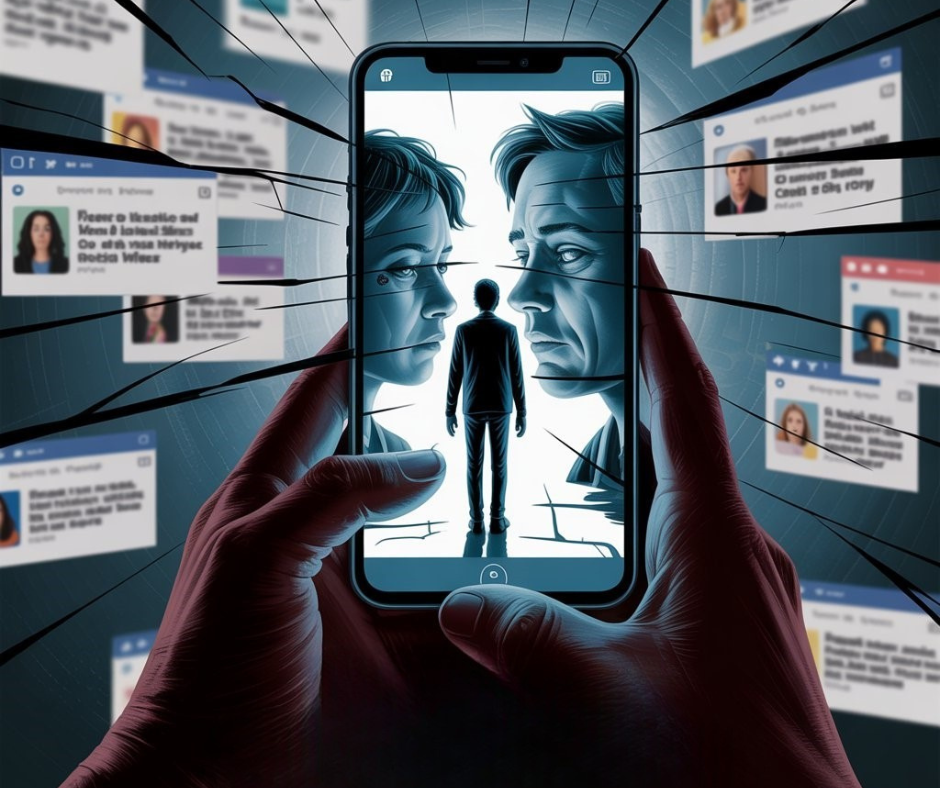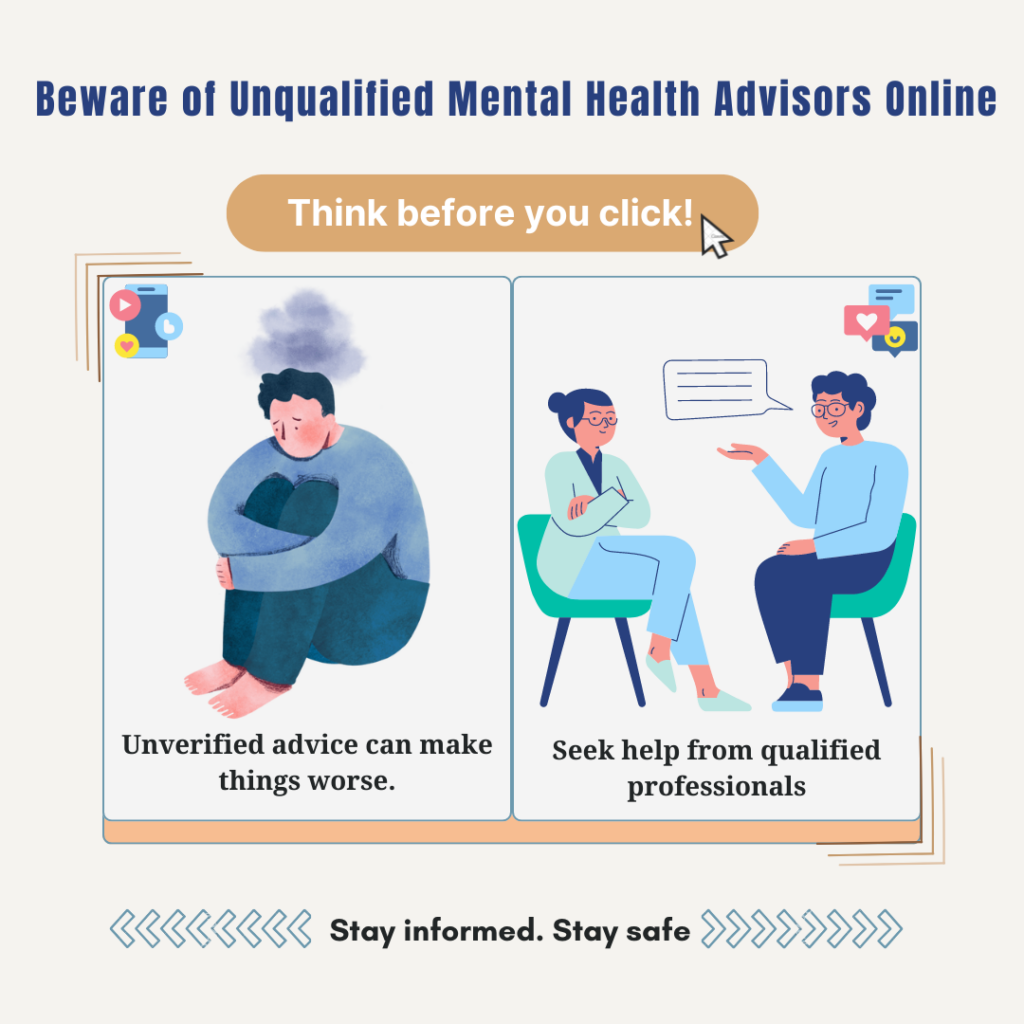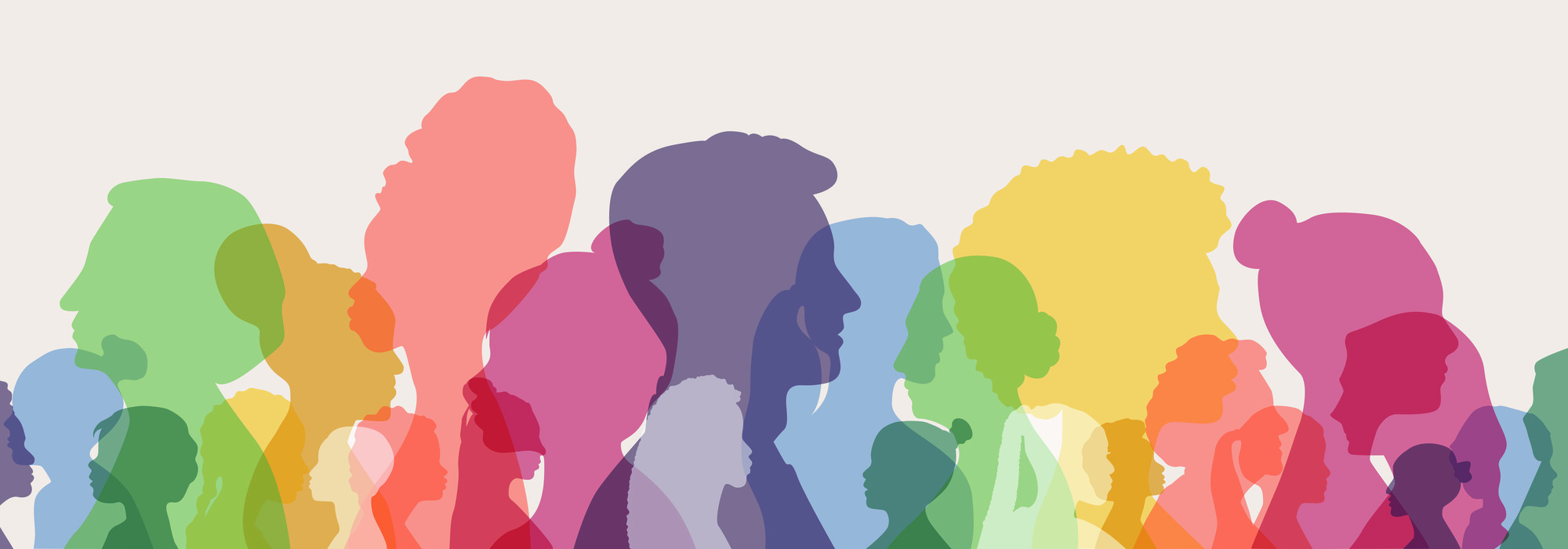
The Hidden Dangers of Unqualified Mental Health Advice on Social Media
In today’s digital world, getting mental health support seems easy, but it’s filled with risks. Social media, especially after the pandemic, has exploded with accounts claiming to help with mental health issues. While some are genuine, many are not. Here’s why you need to be cautious and how to protect yourself.
The Rising Trend
The pandemic brought increased stress and anxiety, making people more aware of their mental health. Social media quickly became a popular place for advice, leading to a surge in unqualified “mental health gurus” offering quick fixes.

Sharan’s Story
Consider Sharan Kumar, a 21-year-old engineering student. He struggled with anxiety and persistent headaches and turned to an Instagram account promising a permanent cure without medication. Desperate for relief, he spent a lot of money on a program that didn’t help him at all.
False Promises
Many online “life coaches” and influencers promise quick cures for anxiety and depression, but they often lack the necessary medical qualifications. People like Sharan end up spending time and money on solutions that don’t work.
Mental Health Stigma
Mental health stigma remains a significant barrier to seeking proper help in India. Many people feel ashamed or embarrassed to talk about their mental health struggles, fearing judgment or negative labels.
This stigma can discourage individuals from seeking professional help, pushing them towards unqualified advisors who promise quick fixes. The fear of being labelled as “weak” or “crazy” often prevents people from reaching out to qualified mental health professionals, exacerbating their problems.
Lack of Credentials
These unqualified advisors often don’t have the education or training to properly address mental health issues. It’s crucial to remember that real mental health care should come from professionals.
Real Experts Needed
Mental health conditions require professional diagnosis and treatment. Quick fixes and group sessions aren’t effective for everyone. Qualified professionals are essential for proper care.
Costly Mistakes
Sharan’s experience highlights the financial risks of following unverified advice. He was pressured into spending a significant amount of money on a program that offered no real benefit, making his situation even more stressful.
India’s Mental Health Gap
India has a severe shortage of mental health professionals, making it easier for fake gurus to thrive. Here are some key statistics:
- Psychiatrists: Only 0.3 per 100,000 people.
- Psychologists: Just 0.07 per 100,000 people.
This shortage is particularly acute in rural areas, where access to mental health services is extremely limited. The lack of affordable, qualified care drives many individuals towards unqualified sources online, where they often encounter unproven and potentially harmful advice from self-styled “experts.” This gap in the mental health system, combined with the pervasive stigma surrounding mental health, exacerbates the problem, leaving many without the support they need.
Solutions and What to Do
-
- Check Qualifications: Always ensure that anyone offering mental health advice has the proper qualifications and experience.
- Beware of Quick Fixes: Real mental health improvement takes time and professional guidance.
- Seek Professional Help: If you’re struggling, consult with certified mental health professionals to ensure you receive appropriate care.
- Talk About Mental Health: Help break the stigma by talking openly about mental health. Encourage friends and family to seek professional help when needed.
Regulations Needed
There’s an urgent need for stricter regulation of mental health advice on social media to protect vulnerable individuals from unqualified advisors.
Conclusion
Mental health is vital, and so is finding the right help. Be cautious about whom you trust online and always prioritize your well-being by seeking advice from qualified experts. By speaking openly about mental health and supporting each other, we can break the stigma and ensure everyone gets the help they need.
For more information on the rise of unqualified mental health advice on social media, check out this article.



